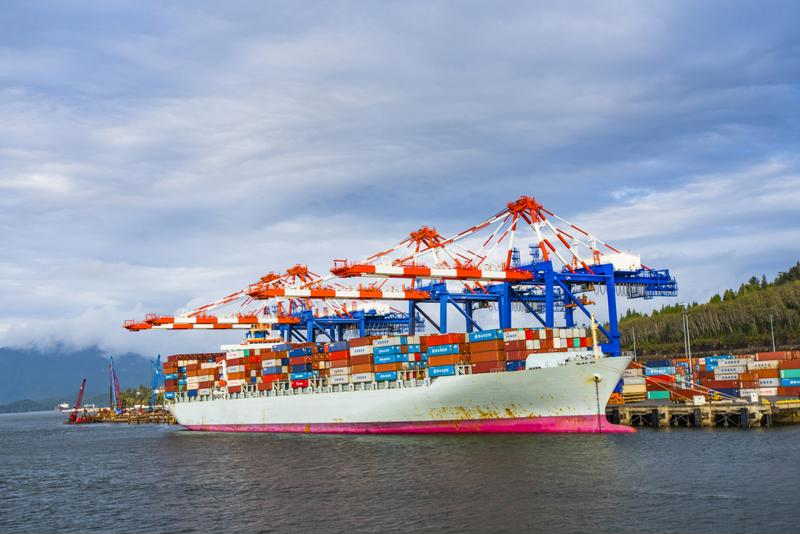Any company involved with a sufficiently long or widespread supply chain in recent months has likely discovered that there are more ups and downs that can arise when even one aspect of the chain experiences some stress. For that reason, experts increasingly recommend that companies do more to make sure their supply chains are resilient - especially as the pandemic continues for months to come.
The importance of a resilient supply chain has been underscored time and again since the start of 2020, and now is certainly the time for businesses at any step of that chain check that their networks are strong enough to withstand whatever difficulties they may face, according to Logistics Management. Obviously, it's difficult or perhaps impossible to account for every eventuality - after all, how many would have done stress testing with a global pandemic in mind at this time last year? - but the more your organization can do to ensure its supply chain is resilient, the better off all involved will be.

The idea that logistics firms "don't know what they don't know" when it comes to these issues is a very real problem, and taking a holistic look at your operations is critical to finding areas of potential weakness, the report said. Suketu Gandhi, partner and leader for Digital Supply Chain at Kearney - which has developed a supply chain stress test - notes that while it's impossible to avoid every potential hiccup, the key to success in difficult times is being able to operate at something at least resembling previous levels of efficiency.
"Resilience needs to be examined from an end-to-end supply chain view, not just in isolation for each individual dimension," Gandhi told the site.
Plenty of good news
Fortunately, many companies have clearly seen the need for taking such steps in the past few months, prompted in large part by the pandemic, but also Brexit and other challenges, according to a recent Gartner survey. While only about 1 in 5 companies in the supply chain say they currently have resilient supply chains, the current situation has them looking at their options - and 55% say they believe they will be able to set up a "highly resilient network" within three years.
This comes despite the fact that close to 3 in 5 believe taking such steps will result in more operational costs, the survey found. Moreover, a quarter of manufacturers polled said they have already moved to local or regional production efforts so they can avoid the pitfalls that come with long-tail supply chain networks.
The problem for many of those companies is that building resilient supply chains is often more easily said than done, and that means companies have to be truly invested in taking those steps, according to Harvard Business Review. The cost and complexity of such efforts can be considerable, which is why stress testing and mapping is so important to understanding exactly what actions are needed.
The more companies can do to fully examine their strengths and weaknesses, the better off they will be when it comes to finding the right solutions for their unique problems.



Post A Comment:
0 comments so far,add yours